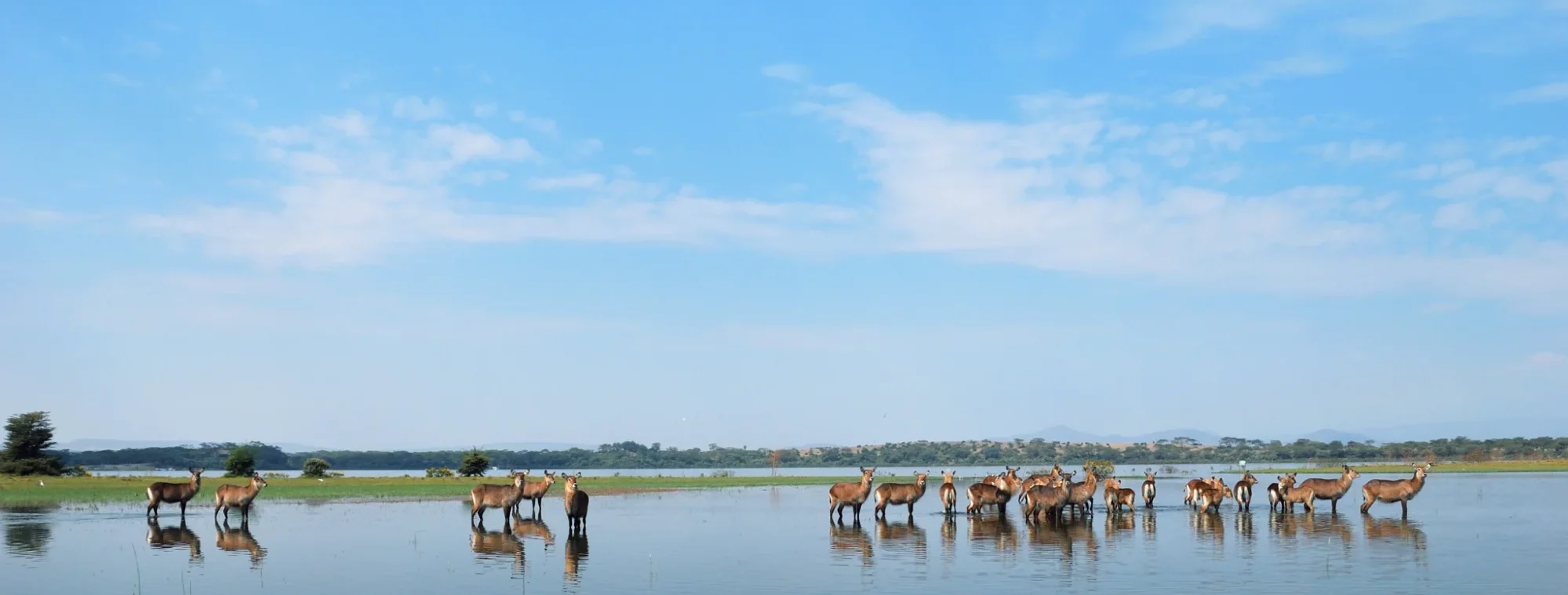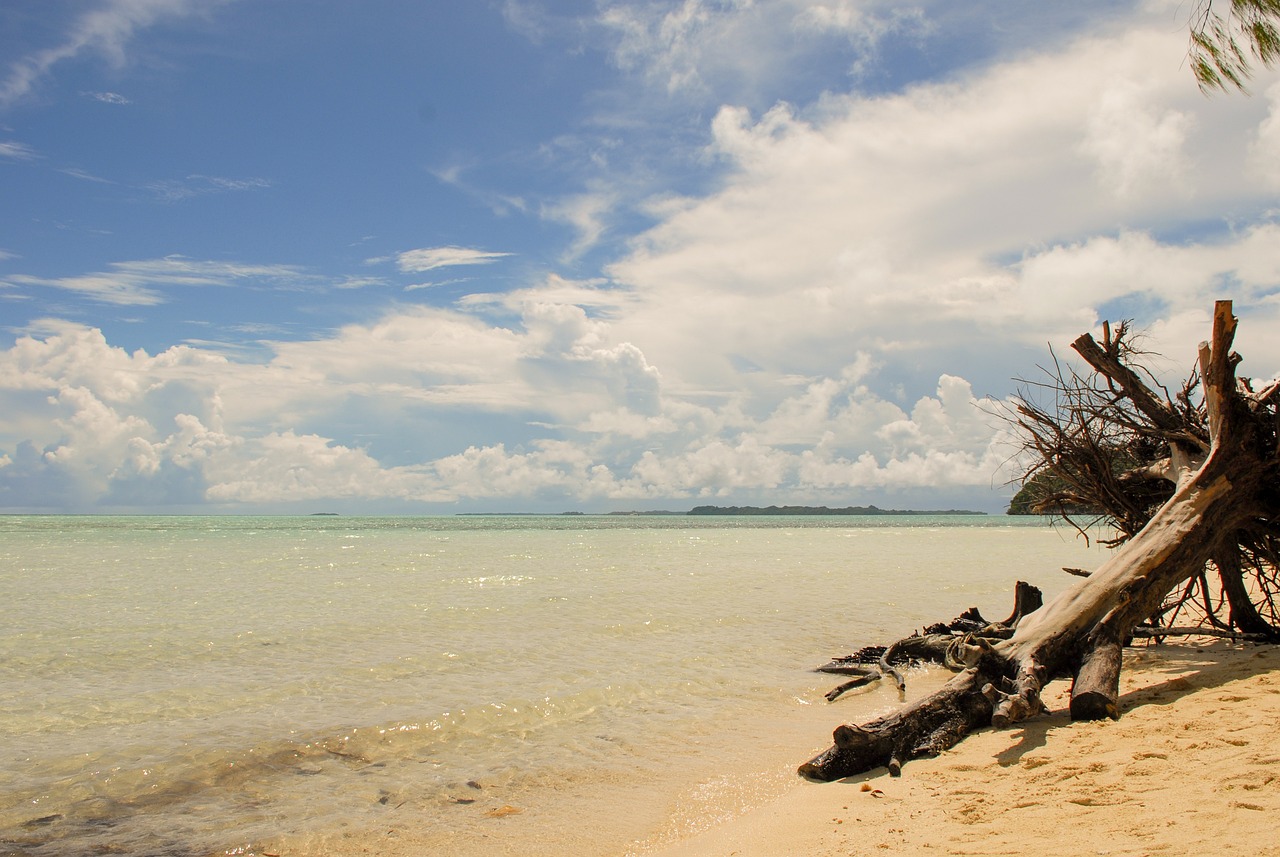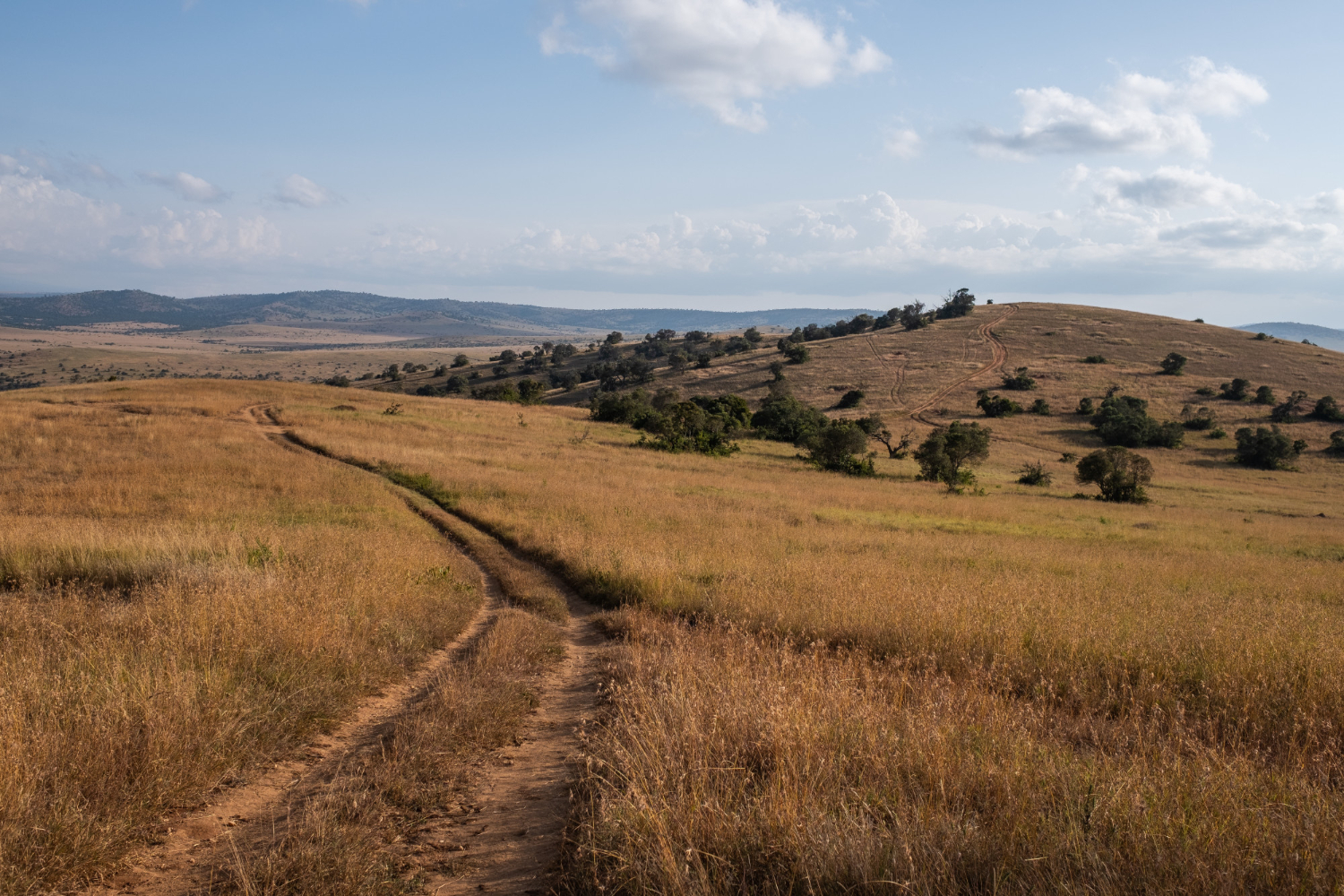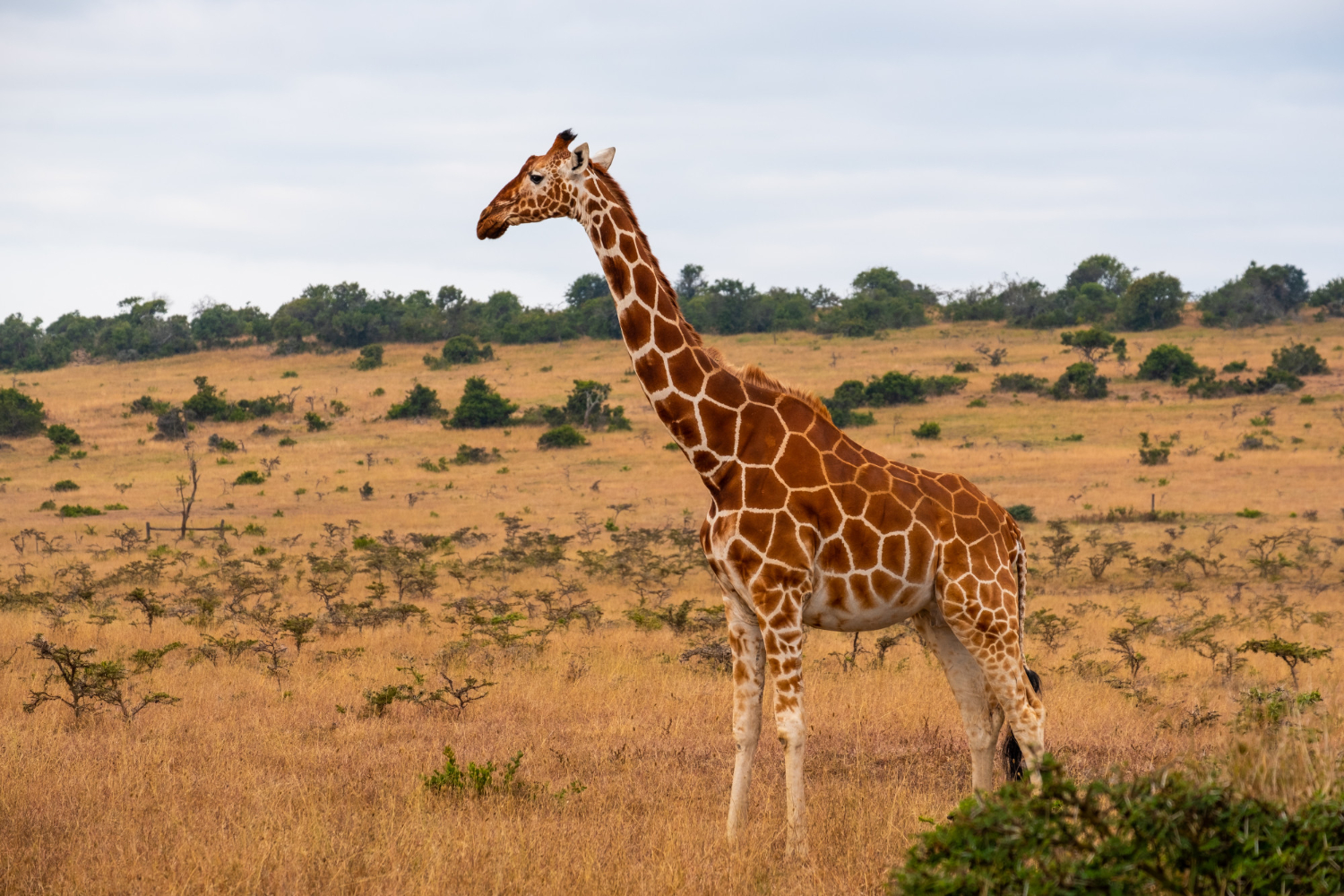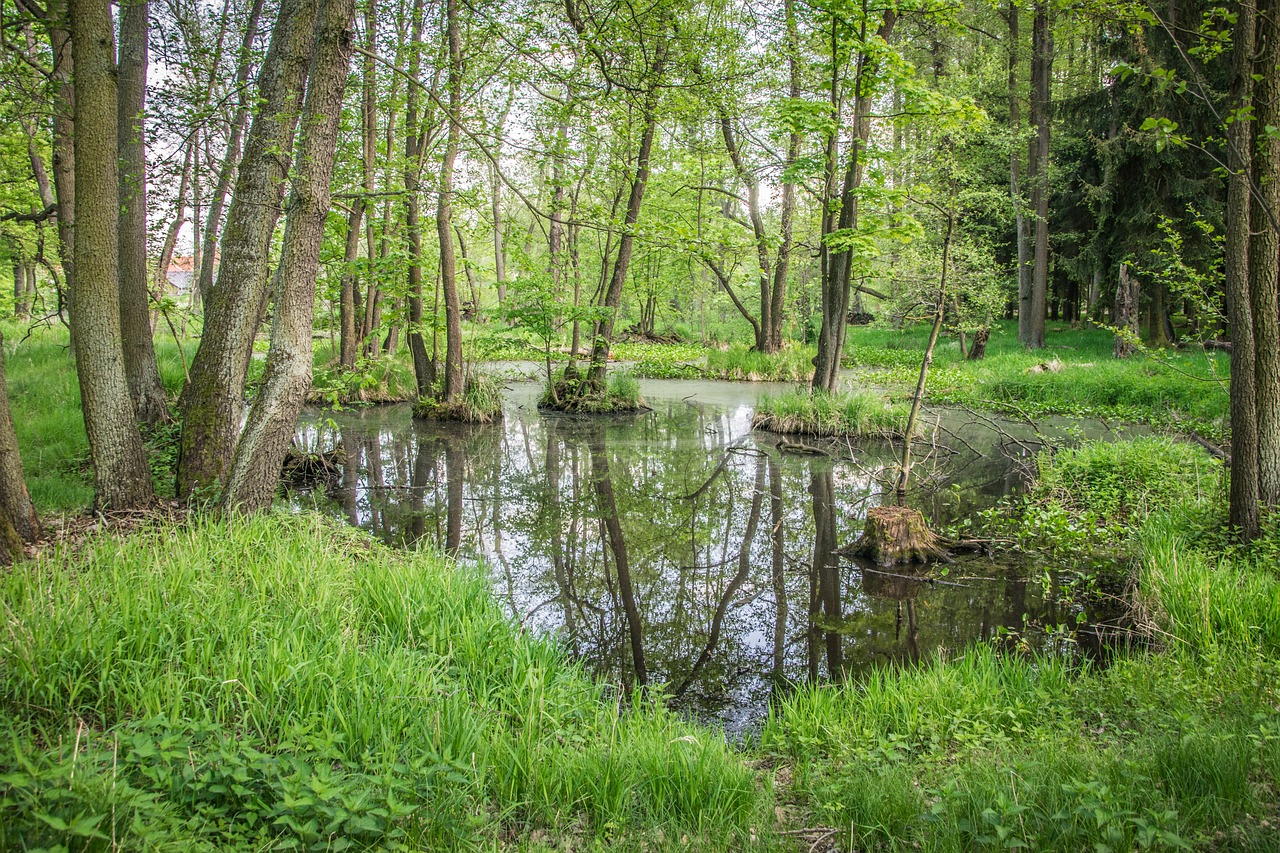
Why it is hard to save the wetlands of Kisii
Rivers are drying amid invasion by squatters and pollution by industry. For a while now, invasion by exotic tree species and environmental pollution, such as the disposal of sewer waste from households and industrial effluent by trucks, has posed a danger to the wetland. This adversity led to the establishment of the Friends of Ondiri organization in 2016. The creation of awareness on biodiversity conservation and ecosystem restoration, lobbying and advocacy on policy matters are some of the main reasons behind the formation of the organization. The Ondiri swamp is now steadily picking as an ecotourism destination, enveloping activities that resonate around enhancing conservation. Tourist activities include taking a walk around and on the peat bog, bird watching, team building, tree planting and taking a nature trail in the surrounding forest cover. Samuel Njoroge, 40, a father of three and the founding director of Rhodes Holdings Limited, heads the ecotourism department in the organization and also serves as a tour guide as well as a coordinator.
Samuel formed his company in 2015 together with his wife, Rhoda Nyambura, and established three different subsidiaries. Rhodes tours and travel was founded the same year, Rhodes daycare in 2017 as a way of giving back to the community and Mizpa guesthouse in 2021, which serves as an Airbnb to tourists who visit the area. Upon the formation of the organization, Samuel joined the team due to his personal interest in conservation and also volunteered his time to educate people about Ondiri. Members of Friends of Ondiri felt the need to commune as volunteers to conserve the water in the wetland, try to restore the indigenous forest that existed and create community awareness of the beauty of Ondiri.
People from abroad who understand what we have here in Kikuyu would come all the way to bird watch, for example






